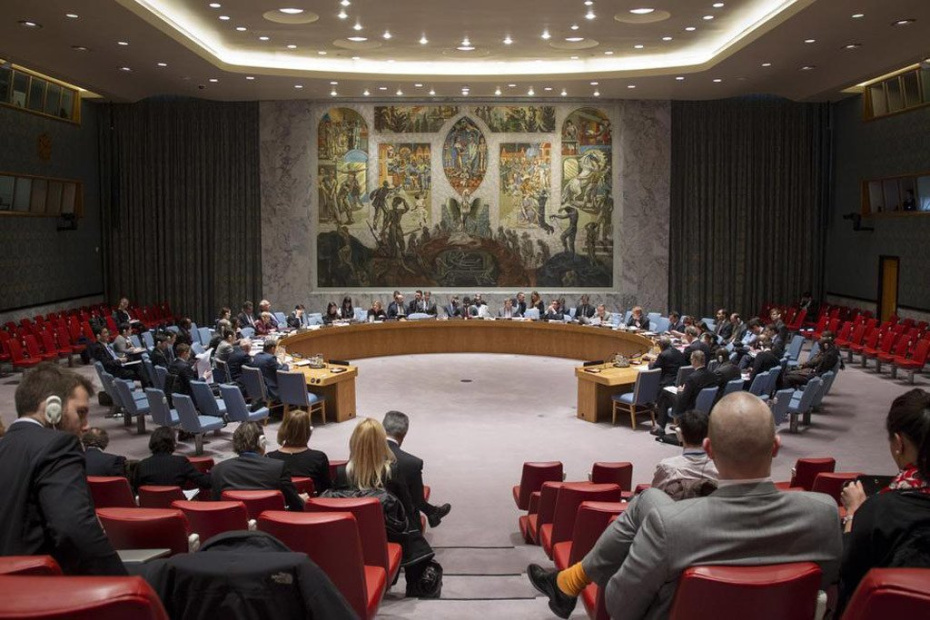Breadcrumb

Five countries elected to serve on UN Security Council

Ecuador, Japan, Malta, Mozambique and Switzerland will join the UN body responsible for the maintenance of global peace and security, beginning in January 2023.
Today, the General Assembly elected:
— UN GA President (@UN_PGA) June 9, 2022
🇪🇨Ecuador - 190
🇯🇵Japan - 184
🇲🇹Malta - 185
🇲🇿Mozambique - 192
🇨🇭Switzerland - 187
as non-permanent members of the @UN Security Council for a two-year term beginning on 1 January 2023.
Heartfelt congratulations! pic.twitter.com/qaW2VXmRyn
The President of the General Assembly, Abdulla Shahid, announced the results, and ambassadors applauded for each country after its name was read out.
Selecting Council members
The Security Council consists of 15 countries. Five of them – China, France, Russia, the United Kingdom and the United States – are permanent members with the right to veto.
The General Assembly, which comprises all 193 UN Member States, elects the 10 non-permanent members who serve for two-year terms.
To secure a place on the Council, countries must receive a two-thirds majority, or 128 votes, even if they run uncontested.
Candidates this year vied for five seats under three regional groups: two for African and Asia-Pacific countries, one for Latin America and the Caribbean, and two for Western Europe and other States.
Tallying the vote
Overall, 192 UN Member States participated in the election.
Ballot papers listed the names of all countries submitted at least 48 hours before the vote. Additional blank lines corresponding to the number of vacant seats were also provided for including any other names.
The five new non-permanent members ran largely uncontested.
In the African and Asia-Pacific group, Mozambique received 192 votes, marking its first time serving on the Council. Japan garnered 184 votes, and Mongolia three.
Ecuador, the sole candidate from Latin America and the Caribbean, obtained 190 votes, with two countries abstaining.
Switzerland will also be a newcomer to the Council. The country received 187 votes, and Malta 185 votes, again with two countries abstaining.
The five newly-elected countries will join Albania, Brazil, Gabon, Ghana and the United Arab Emirates around the Security Council’s signature horseshoe table.
They will replace India, Ireland, Kenya, Mexico and Norway, which will vacate their seats at the end of this year.
